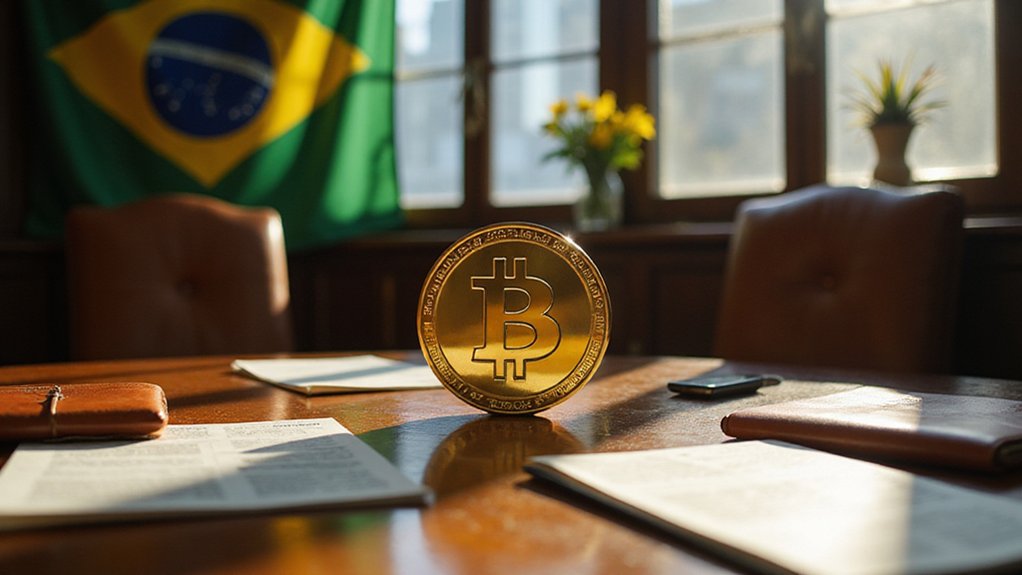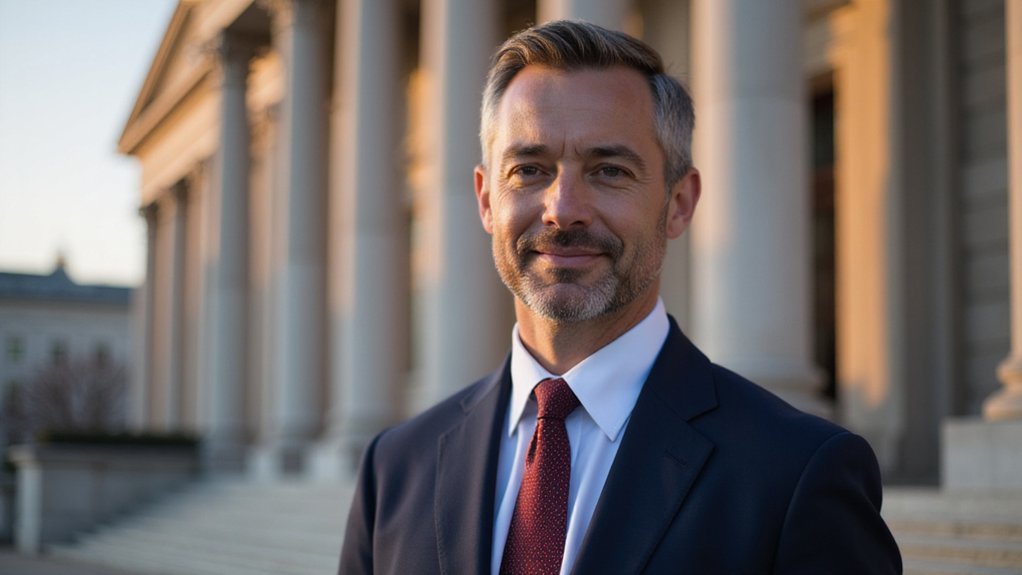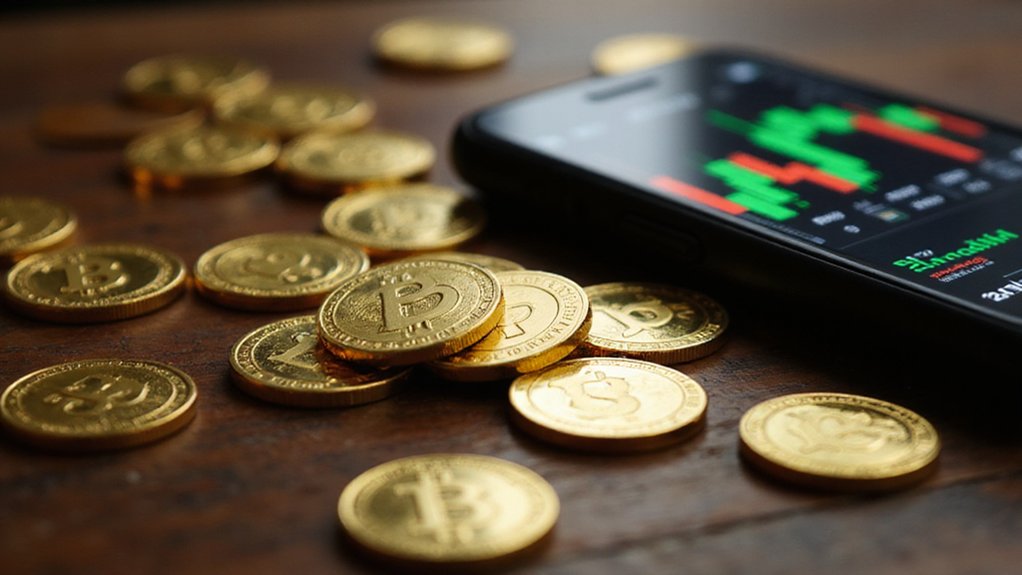Revolution—or perhaps evolution—appears to be brewing in Brazil’s halls of power, where legislators are seriously contemplating what would amount to the world’s largest sovereign Bitcoin reserve. Deputy Eros Biondini‘s PL 4501/2024 bill, which proposes creating the Sovereign Strategic Bitcoin Reserve (RESBit), has advanced to the Economic Development Commission and will face public scrutiny on August 20, 2025.
The mathematics alone warrant attention: allocating up to 5% of Brazil’s $341 billion foreign exchange reserves translates to approximately $17 billion in Bitcoin—a sum that would dwarf current national holdings by El Salvador, the U.K., and Bhutan combined. This positioning would effectively transform Brazil into Bitcoin’s largest sovereign custodian, surpassing even corporate behemoths like MicroStrategy (which holds roughly 628,791 BTC, representing 4.55% of total supply).
The strategic rationale follows familiar diversification principles, albeit with cryptocurrency’s characteristic volatility twist. Brazilian policymakers cite protection against foreign currency fluctuations and geopolitical risks—ironically embracing Bitcoin’s price instability as a hedge against traditional asset volatility. Proponents argue this initiative could modernize Brazil’s financial infrastructure while providing protection against inflationary pressures. The reserve strategy aligns with growing mainstream integration trends as institutional adoption continues accelerating globally.
The reserve would operate under direct state jurisdiction while supporting Brazil’s Central Bank Digital Currency initiative, Drex, creating an intriguing juxtaposition between decentralized and centralized digital currencies. The Central Bank would utilize blockchain and AI technology to manage these reserves with enhanced transparency and security protocols.
Brazil’s timing coincides with broader institutional adoption trends. The U.S. established its Strategic Bitcoin Reserve via Executive Order in March 2025, leveraging confiscated Bitcoin to avoid immediate market disruption. El Salvador continues its aggressive accumulation strategy since making Bitcoin legal tender in 2021, though Brazil’s proposed reserve would operate on an entirely different scale.
The upcoming public hearing promises extensive stakeholder engagement, involving the Brazilian Central Bank, Ministry of Finance, fintech companies, and crypto advocacy groups. This democratic approach contrasts sharply with more autocratic cryptocurrency adoption models, suggesting Brazil seeks broad consensus before committing significant national wealth.
Market implications remain substantial: a $17 billion Bitcoin acquisition would inevitably influence global cryptocurrency markets, potentially creating price pressures that could ironically increase the cost of Brazil’s own reserve accumulation.
Whether this represents prudent diversification or speculative governance remains the central question facing Brazilian legislators—and global observers watching this unprecedented monetary experiment unfold.






